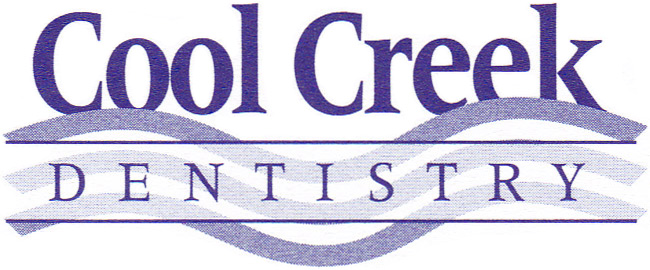What Is Tooth Decay?
Plaque is an insidious substance—a colorless, sticky film—that blankets your teeth and creates an environment in which bacteria erode tooth enamel, cause gum irritation, infection in inner structures such as pulp and the roots, and in extreme cases, tooth loss.
Some of the biggest culprits causing plaque are foods rich in sugar and carbohydrates, including soda beverages, some juices, candy and many kinds of pasta, bread, and cereals.
Plaque also can attack fillings and other restorations in your mouth, which can lead to more costly treatment down the road.
Plaque is the main cause of tooth decay. It can also cause your gums to become irritated, inflamed, and bleed. Over time, the plaque underneath your gums may cause periodontal disease, which can lead to bone loss and eventual tooth loss.
Inside your teeth, decay can gradually destroy the inner layer of dentin. It can also destroy the pulp, which contains blood vessels, nerves, and other tissues, as well as the root.
Periodontal disease is an advanced gum disease. This serious condition occurs when the structures that support your teeth—the gums and bone—break down from the infection. Pain, hypersensitivity, and bleeding are some of the signs of periodontal disease.
Simple Preventative Measures
The two best defenses against tooth decay and gum disease are a healthy, well-balanced diet and good oral hygiene, including daily brushing with fluoride toothpaste, flossing, and rinsing. Most public drinking water contains fluoride, but if you are unsure of your water supply, then use a good quality mouth rinse containing fluoride.
A good way to help your oral health between brushing is chewing sugarless gum; this stimulates your body’s production of saliva, a powerful chemical that actually neutralizes plaque formation and rinses decay-causing food particles and debris from your mouth.
In some cases, our office can prescribe anti-cavity rinses or apply special anti-cavity varnishes or sealants to help fight decay.
